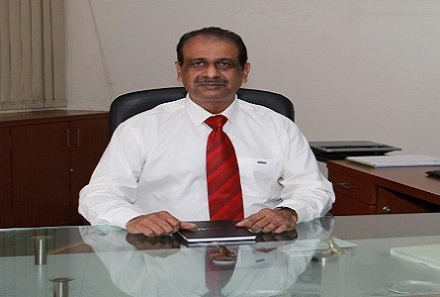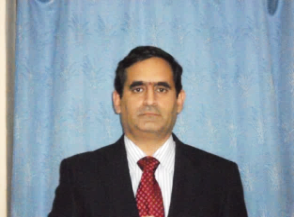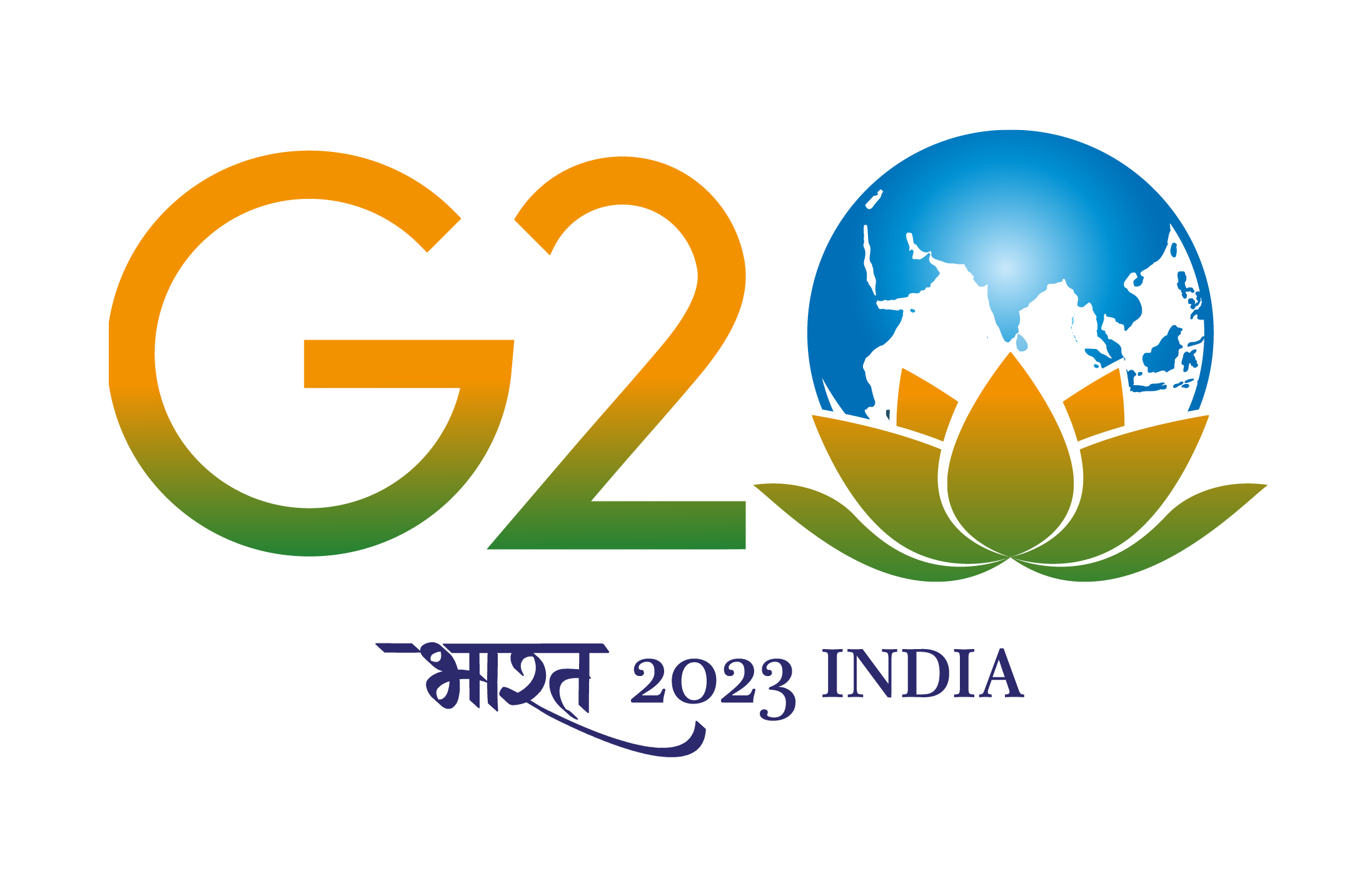
Mr. Arun Kumar Garodia
Chairman
Dr. Srikar K. Reddy
Joint Secretary (EP Engg.)
Mr. Rajesh Maheshwari
Chief Executive Officer
Mr. Rajeev Sharma
Deputy Director General (Standardization - I)Mr. Pankaj Chadha
Chairman
Mr. V. Manjunath
Regional Standards Head – South Asia & Sub-Saharan Africa
Dr. James J. Nedumpara
Professor & Head (Incharge)Dr. K. Rangarajan
Head
Dr. Reji Mathai
Director
Dr. Bhavani Shanker T
Joint Director
Dr. Manish Pande
Director & Head, PAD Division
Mr. Nilesh Jadhav
Business Director- Knowledge India
Mr. Sudhir Zutshi
Director - Policy & Strategy, Market Access, New Initiatives
Mr. Nagendra Bangaragiri
Director - Electrical Business Line, India & MENAP


.png)

















